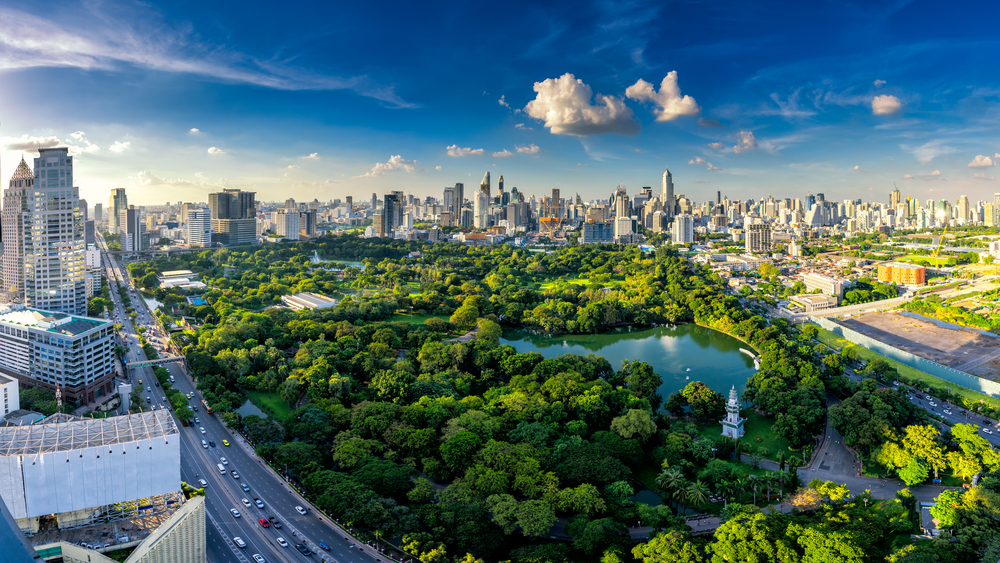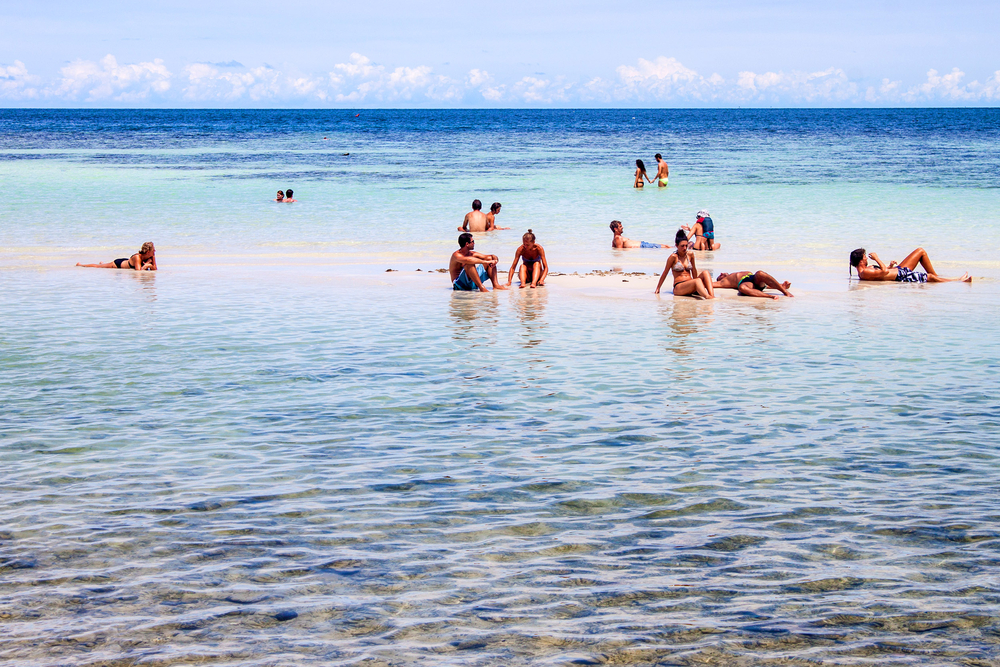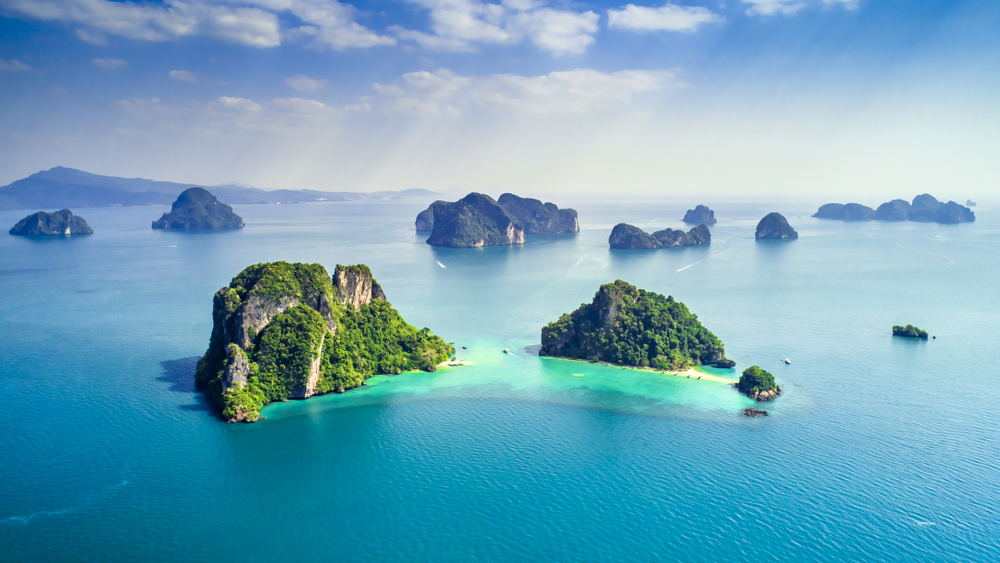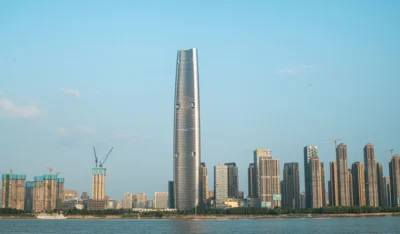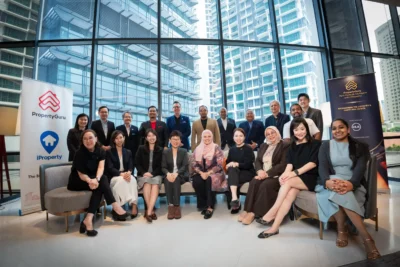From zero to hero: Luxury real estate’s meteoric rise in Thailand
Thailand’s real estate scene is experiencing a sluggish period, with one notable exception: a luxury market that is hitting supercharged highs
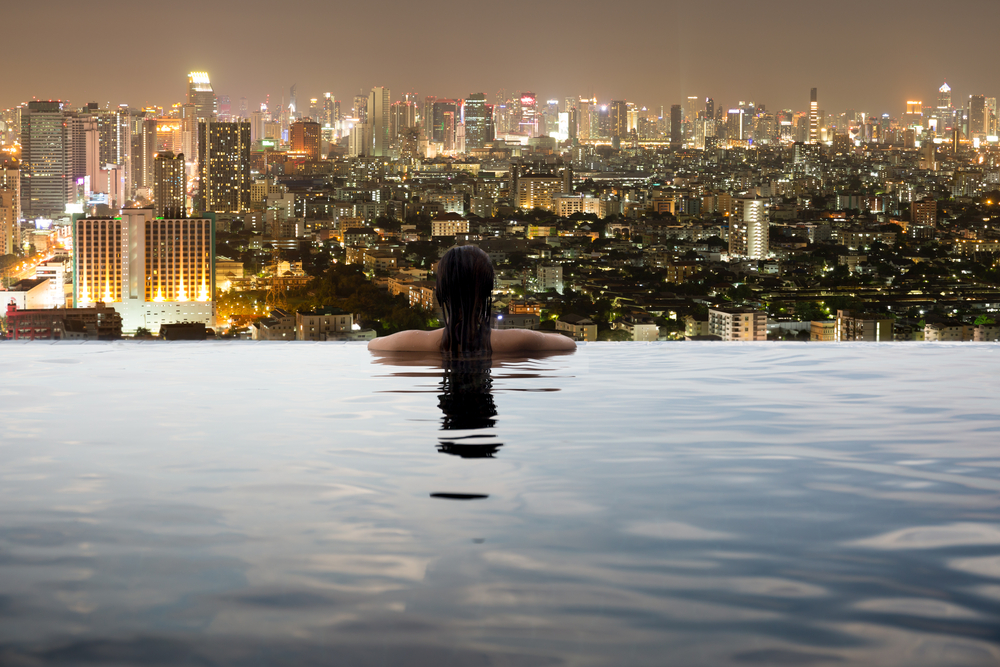
The pandemic might feel like a memory now, but the world feels no less uncertain.
War in Ukraine, friction between the US and China, and spiking energy costs have left many feeling the pinch.
For Thailand’s property market, those have led to a sluggish year. Difficulties in getting a mortgage and rising inflation have left many buyers struggling to get on the ladder. But while the townhouse and condo markets remain lacklustre, the luxury housing market is having one of its best years of late with demand reaching a near 10-year high.
The luxury housing market usually sees around 300 new launches a year. Last year it tripled to around 1,000 units. According to research by Knight Frank, the first half of 2022 saw total sales for homes worth over THB10 million rise to 1,944, compared with 1,813 units the year before.
Bangkok has been the main beneficiary of demand. But Thailand’s array of paradise islands is seeing interest from tourists too.
The trend is being driven by wider demand for landed housing as demand for condominiums declines.
In Bangkok, buyers are waking up to the fact they can get more for their money outside the capital while enjoying better transport links and amenities that previously existed in the city centre, says Artitaya Kasemlawan, head of residential sales projects at CBRE.
Rich buyers were less affected by the struggling economy, and they are mostly end users, meaning developers are less likely to see customer loans rejected during the transfer period
“Buyers in recent years have enjoyed many options because properties in Bangkok are no longer concentrated in a particular area,” says Artitaya. “It’s not necessary to be in the city centre. The markets have expanded to the midtown and suburban areas due to road extensions, expressways, and expanded mass transport systems like the MRT and BTS.”
Luxury markets are typically more resilient in times of crisis due to the purchasing power of wealthy customers. In 2020, Thailand’s central bank found the property sector contracting as commercial banks rejected mortgage loans from potential property buyers. The pandemic and a flagging economy sparked fear among banks that buyers would struggle to pay them back.
High earners had no such concerns.
“The demand for luxury residential properties has been growing because buyers in this group were less affected by the economy, and they are mostly end users, meaning developers are less likely to see customer loans rejected during the transfer period compared with condominiums,” says Sunchai Kooakachai, head of research and consultancy at Knight Frank.
The trend of working from home and demand for more space also meant those who could afford an expensive condo in Bangkok were now buying larger properties out of the centre, with twice the number of bedrooms.
The trend has prompted developers to look at the luxury market more seriously.
Srettha Thavisin, CEO of Sansiri, said in 2022 that the luxury market was a bright spot on an otherwise challenging and volatile year, and encouraged people to “expand the luxury and super luxury property market for domestic and international buyers.”
Sansiri’s total sales grew 50 percent in 2022 to USD5 billion. The company will launch 22 condominiums worth a total of USD725 million, with luxury projects in Bangkok’s Ari and Ratchathewi neighbourhoods, and super luxury units under the brands “No.19”, “Sirinsiri”, “Narinsiri” and “Ombre”.
Saenpin Sukhee, the chief executive of Frasers Property Home, is also shifting his focus to the luxury market after townhouses were hit hard by the pandemic. Low-income earners, who made up most buyers of townhouses, found themselves mired in household debt because of losing their jobs or changing careers during the pandemic, making it hard for them to get a mortgage.
“Before the pandemic, we tried to increase townhouse sales as much as possible without pre-screening, as we thought the more units were sold, the more customers would be able to get mortgages approved,” he says.
In 2021, customers seeking to purchase a townhouse had a mortgage rejection rate of 80 percent. The rate declined to 50-60 percent last year. Yet the mortgage rejection rate for buyers seeking to purchase a single detached house was only 30 percent, he says.
“It is no longer useful to pump up sales of townhouses because of the high mortgage rejection rate from banks, particularly as the easing of the loan-to-value limit ended,” he adds.
In Bangkok, the condominium market has long been a major driver of the property market. Since the pandemic, it has been unable to generate the kind of momentum it did previously. According to Knight Frank data, the number of new condos sold in Q3 last year was 3,018 units from a total supply of 9,821 units, representing 30.7 percent. The sales rate decreased by 7.3 percentcompared to the same period last year. Part of the reason has been the lack of Chinese buyers who, despite still dominating condo transfers, have dwindled because of the slowing Chinese economy and prolonged lockdown measures.
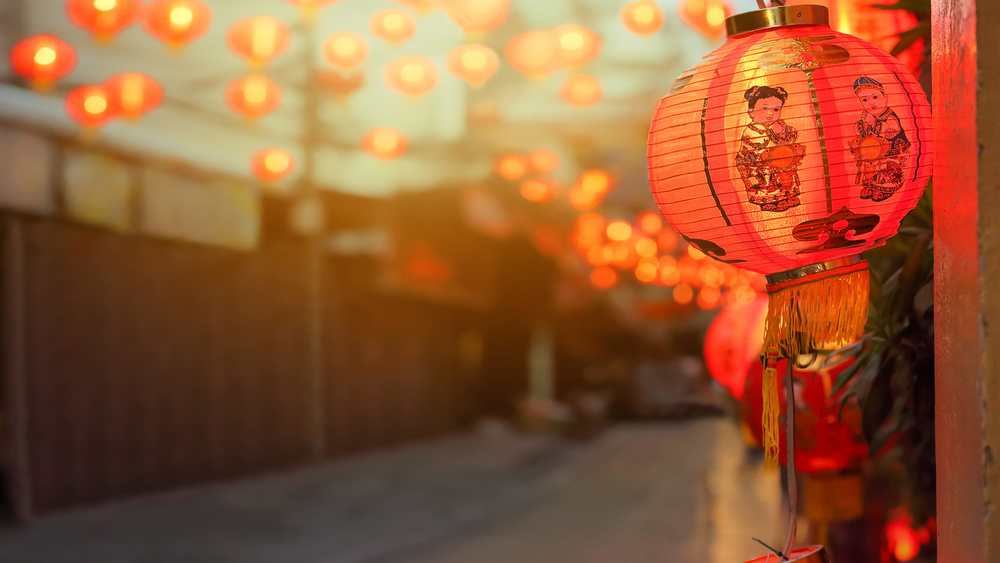
One positive is an improving economy. Thailand’s economy is expected to grow 3.8 percent this year, helped by a rebounding tourism sector, while inflation is expected to cool to its target range. Domestic spending has increased, and the government will accelerate large project investment to help growth, according to current finance minister Arkhom Termpittayapaisith.
It follows a weak expansion of the economy at just 2.6 percent last year, much behind that of others in the region. Yet if the past couple of years have taught us anything, it’s to expect the unexpected. Until then the industry will be looking to the luxury market to carry it forward.
This article was originally published on asiarealestatesummit.com. Write to our editors at [email protected].
Recommended
6 developments driving Asia’s green real estate shift
Developers are being incentivised to push a green agenda into daring new realms
The Philippines’ LIMA Estate drives sustainable industrial growth
LIMA Estate models a citywide vision that uplifts workers while appealing to climate-conscious employers
Malaysia property market rebounds with foreign interest and growth
The nation’s property market is stirring to life, fuelled by foreign buyers and major infrastructure drives
China’s renewable energy surge redefines housing norms and development
From exporting solar panels to building entire green-powered neighbourhoods, China’s renewable surge is redefining housing norms

